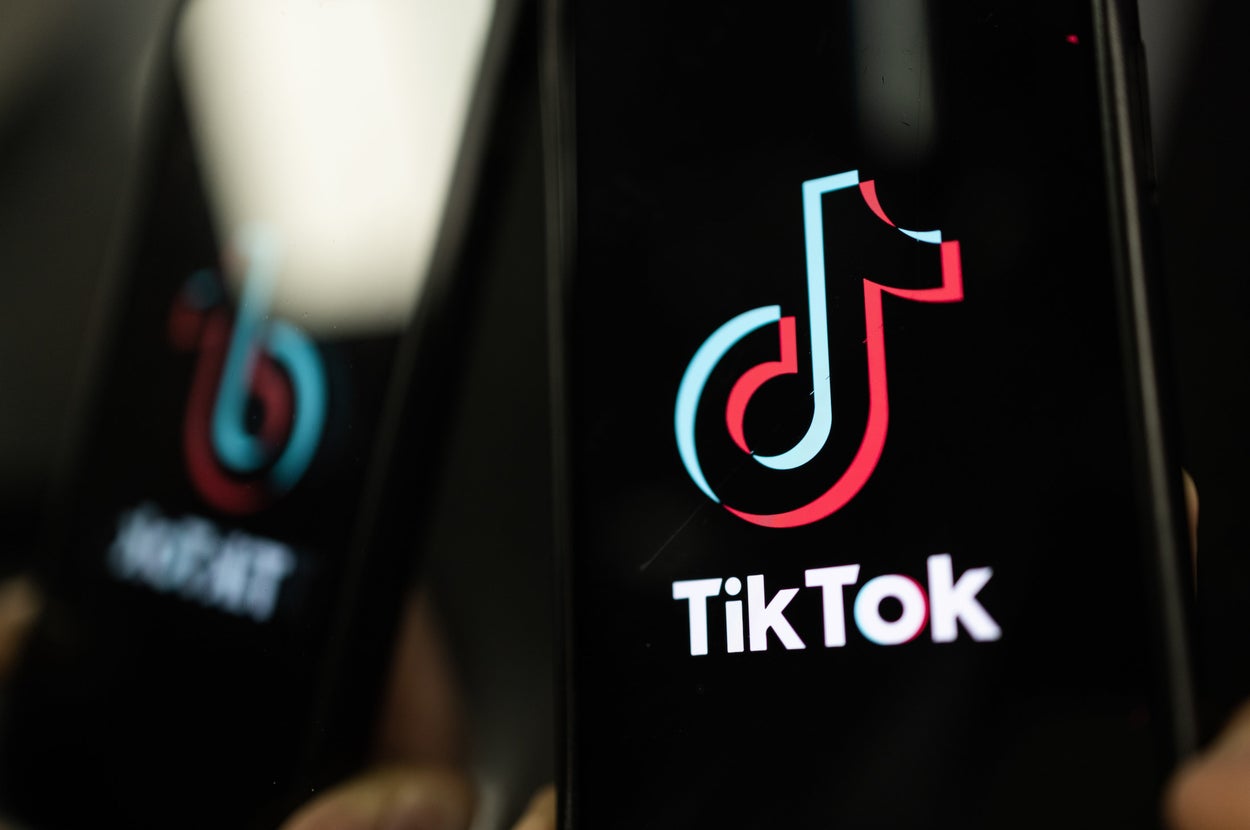In a world where digital platforms increasingly intertwine with everyday aspects of personal, social, and economic life, concerns amplify not only around privacy and security but also around the fundamental human rights of expression and communication. At the heart of these complex, unfolding debates in the United States lies TikTok, the wildly popular video-sharing app with roots deeply implanted in Chinese technology firm ByteDance.
Recently, Montana’s legislative maneuvers to challenge the status quo have brought the state into the national spotlight. Spearheaded by Austin Knudsen, the Montana Attorney General, the region is poised to become a battleground for what he refers to as the “next frontier in First Amendment jurisprudence.” In an interview with the New York Times, Knudsen articulated his awareness of the contentious path ahead, emphasizing, “We’re under no illusions that this is not going to get challenged,” further prognosticating that these legal battles could eventually escalate to the U.S. Supreme Court.
Montana’s stance on TikTok surfaces amidst escalating scrutiny by U.S. policymakers and lawmakers over fears that ByteDance could be under the influence—or direct control—of the Chinese government. These anxieties were inflamed following revelations by BuzzFeed News last year, which confirmed that engineers in Beijing had accessed data from U.S. users, a development that not only stoked fear but also prompted urgent calls from various quarters for a decisive action against the social media giant.
In this increasingly tense environment, TikTok representatives are vigorously defending their corner. Brooke Oberwetter, a spokesperson for TikTok, criticized the Montana bill, lambasting proponents for lacking a “feasible plan for operationalizing” what she framed as an outright “attempt to censor American voices.” During her interaction with BuzzFeed News, Oberwetter vehemently stated, “We will continue to fight for TikTok users and creators in Montana whose livelihoods and First Amendment rights are threatened by this egregious government overreach.”
The unfolding drama in Montana is reflective of the broader national discourse around TikTok and ByteDance, which has seen increased activity over the past months. In a high-profile event, TikTok CEO Shou Zi Chew found himself under intense interrogation by members of Congress at a recent hearing, an episode that underscored the legislators’ dire concerns about the platform’s data-sharing and privacy practices. This Congressional scrutiny is part of a bigger legislative puzzle, as lawmakers deliberate over laws that would not only outlaw platforms deemed hazardous but would also empower the government to ban technologies considered threats to national security.
Moreover, the saga takes on an international dimension with the Biden administration’s latest moves. Reports from credible outlets like The Wall Street Journal and The New York Times indicate that the administration has put immense pressure on ByteDance, demanding the sale of TikTok. There were explicit threats of a total app ban should these demands not be met—an aggressive stance that the Chinese government, as expected, opposes staunchly.
Against this backdrop, clarifying the convoluted interplay of national security, economic interests, and rights like freedom of speech becomes paramount. The issue at stake transcends the mere operational specifics of a social media company; it taps into elemental questions about the sovereignty of data, the limits of government intervention in a digitally connected world, and the protection of constitutional rights in an age defined by information.
As Montana braces for potential legal storms, stakeholders from various sectors watch keenly. For the tech community, this is a test case about the balance between innovation and regulation. For advocates of free speech, it’s about ensuring that voices, regardless of their geographical tags, aren’t stifled under the guise of national security. For policymakers, it’s about structuring a framework that adequately shields citizens and the state from legitimate external threats without overreaching into the realm of censorship.
Predictably, the road ahead is fraught with legal and ethical complexities. As each party shores up its defenses, the broader implications for global tech governance and U.S. free speech jurisprudence loom large. Whatever the outcome in Montana, it is likely to set important precedents, casting long shadows over the future interactions between global tech enterprises and national governments.
Navigating this intricate landscape requires a nuanced understanding of the interconnectedness of global tech operations, the vulnerabilities inherent in digital data trafficking, and the robustness of legal frameworks designed to protect both national interests and individual rights. As the situation unfolds, the dialogue between these overlapping dimensions will shape not just the future of TikTok in the U.S., but potentially, the contour of global digital policy.









